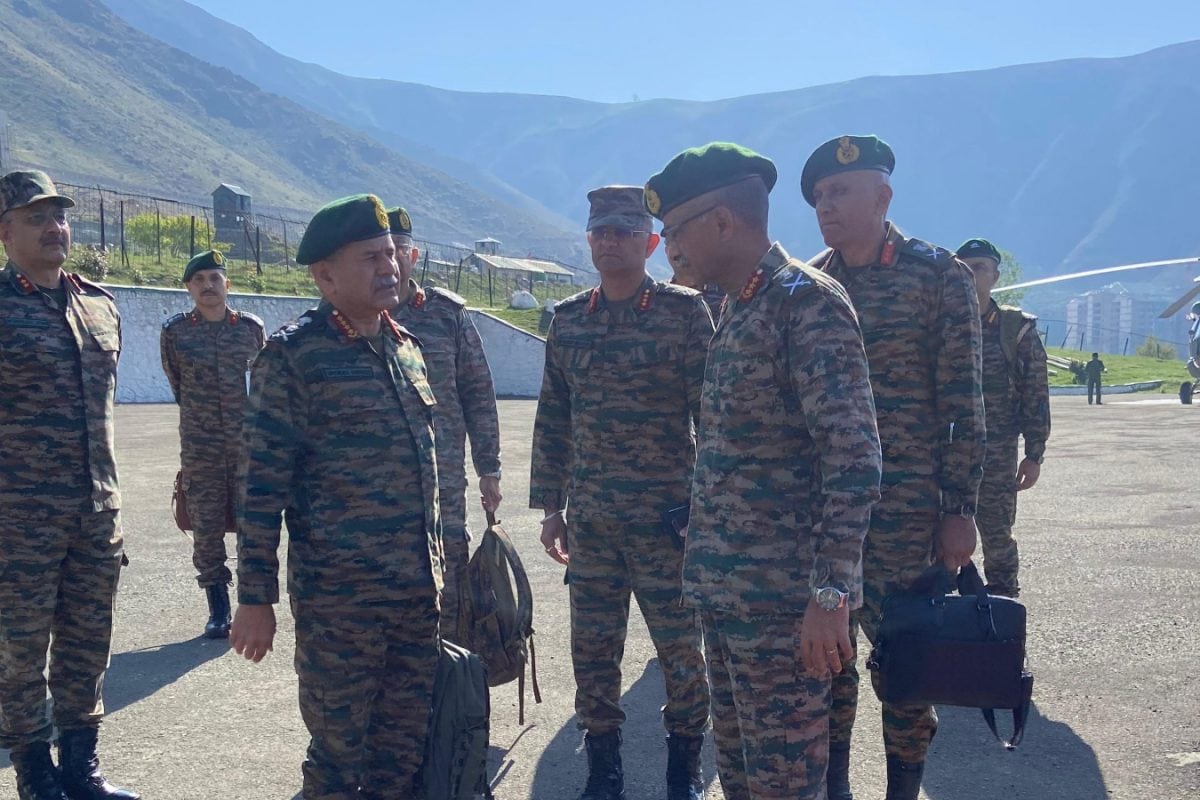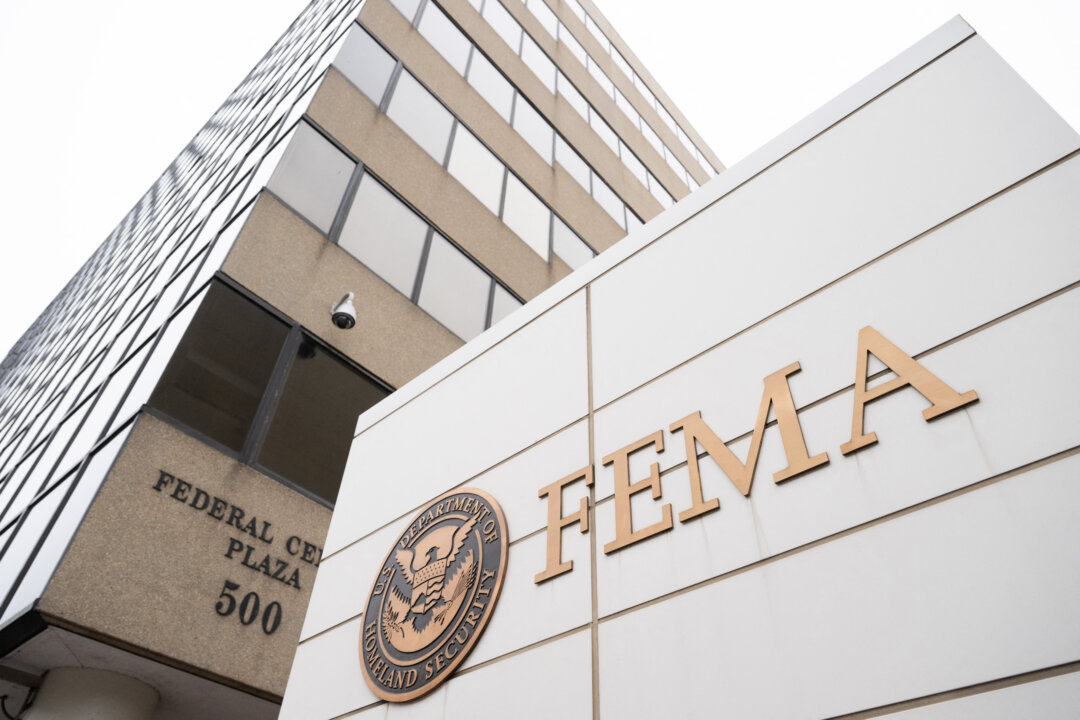After this despicable attack, the message is unmistakable: this is war. India will not cower, nor will it let the blood of innocents stain its soil without retribution. The horrific terror attack on tourists, the first in years to shatter Kashmir’s fragile peace, turned Pahalgam’s serene Baisaran meadows into a scene of carnage on April 22, 2025, claiming at least 26 lives, including a newlywed Navy officer.
These Lashkar-e-Taiba-linked attackers, dressed in military gear and recording their brutality with body cameras, slipped out of the forests to gun down innocent people—men, women, elderly—who had come to soak in the valley’s beauty. Survivors describe a living nightmare: a gunman demanding victims’ names and religions before shooting a man in the head, his wife’s cries drowned by gunfire; bodies scattered across the grass, some still holding snacks, others lying beside loved ones pleading for help. The Resistance Front, an offshoot of Pakistan-based Lashkar-e-Taiba, claimed this slaughter, citing “demographic changes" while leaving behind broken families and a death toll that may rise as the wounded cling to life.

The gall of this massacre in a place known as “mini-Switzerland" sparks raw fury. These killers didn’t just strike—they hunted, firing at close range to ensure no one escaped. A 26-year-old Navy lieutenant, married just six days, saw his future erased, leaving his bride to mourn a love destroyed.
An 83-year-old from Tamil Nadu and a 65-year-old woman from Odisha were among the injured, their joyful trip twisted into a blood-stained tragedy. The images sear your mind: locals rushing the wounded on ponies down rocky paths, helicopters circling a valley now drenched in grief. This wasn’t just an attack—it was a deliberate blow to hope, a cruel wound to a Kashmir striving for peace, orchestrated by those who thrive on chaos and division.
Kashmir, for years a cauldron of unrest, has been clawing its way toward normalcy, a transformation that Pakistan’s terror machinery cannot stomach. The abrogation of Article 370 in 2019 marked a turning point, dismantling the legal barriers that fuelled separatist dreams and opening the region to integration with India. Tourism, a barometer of stability, has soared: in 2024 alone, 3.
5 million visitors, including 43,000 foreigners, flocked to the valley, a stark contrast to the numbers in 2018 before the revocation. The first quarter of 2025 saw 500,000 tourists, a 30-year high, drawn to Pahalgam’s meadows and Srinagar’s tulip gardens. Cinemas, shuttered for decades, are flickering back to life—Srinagar’s INOX multiplex welcomed 250,000 moviegoers in 2024.
Malls and shopping complexes, like the gleaming Sara City Centre in Srinagar, buzz with locals and visitors, while homestays in remote villages thrive, signalling economic revival. Life is being celebrated again—weddings, festivals, and markets pulse with joy, a defiant rejection of the fear that once gripped the region. Local Kashmiri Muslims, long caught in the crossfire of competing narratives, are increasingly seeing their future tethered to India’s stability, not the crumbling mirage of Pakistan’s promises.
Pakistan, a nation buckling under economic ruin and internal strife—its GDP growth limping at 2.4 per cent in 2024, inflation soaring to 12 per cent—offers nothing but chaos. The 2024 Jammu and Kashmir elections, with a 63 per cent voter turnout, the highest in decades, reflect a shift: Kashmiris are voting for development, jobs, and peace, not for a failed state that fuels rebellion from afar.
This awakening terrifies Pakistan, whose decades-long strategy of bleeding India through proxy terror is losing its grip. The separatist narrative, once a rallying cry, now rings hollow against the backdrop of a resurgent Kashmir, where locals welcome tourists with warmth, not suspicion. Pakistan’s desperation is palpable—it cannot bear the sight of a Kashmir slipping from its grasp, embracing a future aligned with India’s pluralistic promise.
This attack, meticulously planned, is Pakistan’s venomous retort to Kashmir’s revival. The Baisaran meadow, accessible only by foot or horseback, is no random target—its remoteness demands weeks of reconnaissance, local intelligence, and cold-blooded precision. Intelligence agencies point to LeT/TRF commander Saifullah Kasuri and two Rawalkot-based Lashkar operatives as the masterminds, with six terrorists, backed by a local sleeper cell, executing the strike after detailed scouting.
The timing is no coincidence: US Vice President JD Vance’s visit to India, alongside Prime Minister Narendra Modi’s trip to Saudi Arabia, placed global eyes on India, amplifying the attack’s impact. Pakistan’s aim is clear—to scream to the world that Kashmir remains a tinderbox, to choke its tourism-driven economy, and to derail the narrative of normalcy. By targeting tourists, a soft and symbolic target, Pakistan seeks to instil fear, disrupt the Amarnath Yatra pilgrimage looming weeks away, and tarnish India’s image as a stable destination.
After this despicable attack, the message is unmistakable: this is war. India will not cower, nor will it let the blood of innocents—tourists, a young Navy officer, elderly travellers—stain its soil without retribution. The perpetrators, skulking under the shadow of Pakistan’s terror machinery, will face a reckoning.
Pakistan, a nation that speaks only the language of violence, will be answered in kind. The audacity in orchestrating such a slaughter in Pahalgam, a meticulously planned strike to maximise fear, demands a response that leaves no doubt about India’s resolve. The Lashkar-e-Taiba and its venomous spawn, The Resistance Front, backed by Pakistan’s ISI, have overplayed their hand, and the cost of their barbarity should be steep.
Simultaneously, a subtler but no less vicious war rages—the battle for narrative, waged in newsrooms, social media, and literature festivals. Pakistan peddles an insidious lie: that India and Pakistan share equal blame for Kashmir’s turmoil, a false equivalence that whitewashes decades of Pakistani aggression. The truth is stark—India has been the victim, its cities scarred by Pakistan’s terror campaign.
From the 2001 Parliament attack to the 2008 Mumbai massacre, where 166 lives were snuffed out by ISI-backed Lashkar-e-Taiba, to the 2016 Pathankot airbase assault, Pakistan’s fingerprints mark every wound. Just days before the Pahalgam attack, Pakistan’s Army Chief Asim Munir spewed divisive bile, invoking the two-nation theory to declare Muslims and Hindus irreconcilable. His words were a prelude to this bloodbath, a calculated signal to his proxies to target Hindu civilians.
Worse, Pakistan’s propaganda subtly prods India’s Muslim communities, sowing discord with dog-whistle messages that fall flat but reveal its communal agenda. The ideological thread is unmistakable—Pakistan’s terror and its rhetoric are two sides of the same coin. India will not let this narrative war be hijacked.
The myth of moral parity must be shattered, for Pakistan is no equal; it is the aggressor, its hands dripping with the blood of thousands. While Pakistan’s economy crumbles—its debt-to-GDP ratio at 70 per cent in 2024, its streets roiled by protests—India stands tall, a rising power hosting global events and conferences like the G20. Kashmir’s revival, with its booming tourism and vibrant local support for integration, is a story Pakistan seeks to drown in fear.
But India will fight on both fronts. On the battlefield, it will hunt down those who planned and executed this horror, ensuring justice for the fallen. In the war of ideas, India will expose Pakistan’s duplicity, countering its lies with the truth of a Kashmir embracing peace and progress.
This is not just a fight for territory—it is a battle for the soul of a region, and India will prevail, undaunted by the shadows Pakistan casts. The writer takes special interest in history, culture and geopolitics. The views expressed in the above piece are personal and solely those of the author.
They do not necessarily reflect News18’s views..
Politics

Opinion | Pahalgam Attack: Pakistan’s Desperate Attempt To Disrupt Peace In Kashmir

After this despicable attack, the message is unmistakable: this is war. India will not cower, nor will it let the blood of innocents stain its soil without retribution.















